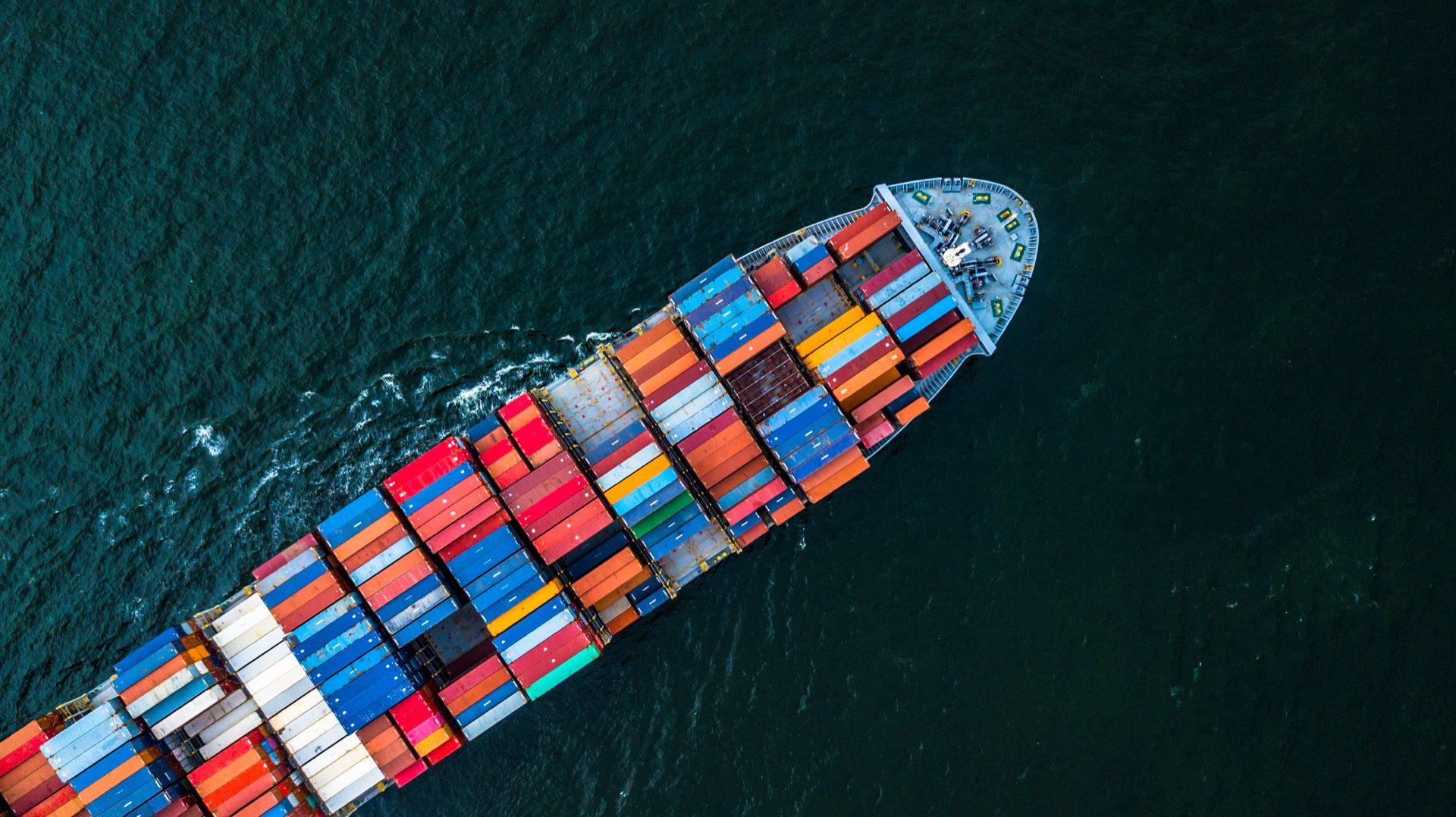
In the complex world of global trade, selecting the right shipping method for your goods—whether by air or ocean—is crucial. This decision involves navigating challenges like customs clearance and determining the appropriate container load size. Understanding the differences between Full Container Load (FCL), Less than Container Load (LCL), and air shipments is essential for making an informed choice that aligns with your business needs.
FCL vs. LCL: Understanding Ocean Freight Options
Before you embark on your shipping journey, it’s important to grasp the key differences between FCL and LCL in ocean freight. FCL involves renting an entire container, making it ideal for large shipments. In contrast, LCL is a cost-effective solution for smaller shipments, allowing you to pay only for the space you use in a shared container.
Both air and ocean freight require careful consideration of these options. Our team at Dedola is ready to assist you in selecting the best method for your cargo, whether it’s FCL, LCL, or air freight.
Air vs. Ocean Shipping: A Critical Decision
When choosing between air and ocean shipping, consider the nature of your goods, budget, and timeline. Air freight is faster and generally more reliable in terms of scheduling, but it comes at a higher cost and is suitable for lighter, more valuable goods. Ocean freight, while slower, is more cost-effective for heavier and bulkier shipments.
Evaluating FCL and LCL in Air and Ocean Freight
In both air and ocean freight, FCL is typically chosen for large, heavy shipments due to its cost efficiency and faster transit times. LCL, on the other hand, is preferred for smaller shipments, offering flexibility and cost savings, though it may result in longer transit times due to the consolidation process.
Cost Implications: LCL vs. FCL
LCL can be more economical than FCL, especially for smaller shipments. This is because LCL costs are calculated based on the amount of space used. However, it’s important to consider potential additional costs like handling fees at multiple stops. In contrast, FCL, while initially more expensive, can be more cost-effective for larger shipments, offering a straightforward, direct route to the destination.
Pros and Cons of FCL and LCL in Air and Ocean Shipping
- FCL Shipping: Ideal for large shipments, offering quicker transit and potentially lower costs per unit. However, it may not be cost-effective for smaller loads.
- LCL Shipping: Perfect for smaller shipments, allowing cost savings on unused space. The trade-off is potentially longer transit times due to consolidation and deconsolidation processes.
Making the Best Choice for Your Business
Deciding between FCL, LCL, and air shipping depends on your specific needs, including budget, shipment size, and urgency. Partnering with a knowledgeable freight forwarder like Dedola Global Logistics can simplify this decision-making process. We provide expert guidance on container sizes, customs processes, and the most efficient shipping methods for your business.
For a tailored solution to your shipping needs, reach out to us. We’re here to ensure your goods are transported efficiently, safely, and in a manner that best suits your business objectives.

Contact Us


